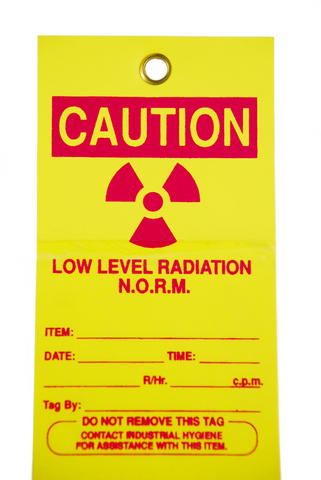This Friday and Saturday I’ve been invited to be part of the Design Award Jury for the Hall 1 exhibits for the 2011 annual International Broadcasting Convention at the RAI Amsterdam. Together, we will be looking for the exhibits with a strong, stylish and confident visual presence that makes for an accomplished and differentiated brand.
The IBC expects around 48,000 attendees from more than 140 countries and includes major industry speakers such as filmmaker James Cameron, Virgin Media COO Andrew Barron, Christian Hernandez, head of international business development EMEA Facebook through to pretty much everyone who is anyone in the global media and broadcast industry.
To get in the mood, I decided to check out more than 100 websites of the Hall 1 exhibitors. As marketing director of our strategy and communications 2.0 company I couldn’t resist doing a quick analysis of how these companies represent themselves online. Here’s what I found:






 Hi! I’ve been a B2C/B2B marketer for nearly 20 years: founder & consultant at Storywise, brand director at Commodore, marketing director at MonteVerdi.TV and head of marketing & promotion at EMI Music. Today, I’m a proud husband, father of two & content marketing specialist at
Hi! I’ve been a B2C/B2B marketer for nearly 20 years: founder & consultant at Storywise, brand director at Commodore, marketing director at MonteVerdi.TV and head of marketing & promotion at EMI Music. Today, I’m a proud husband, father of two & content marketing specialist at
Latest comments